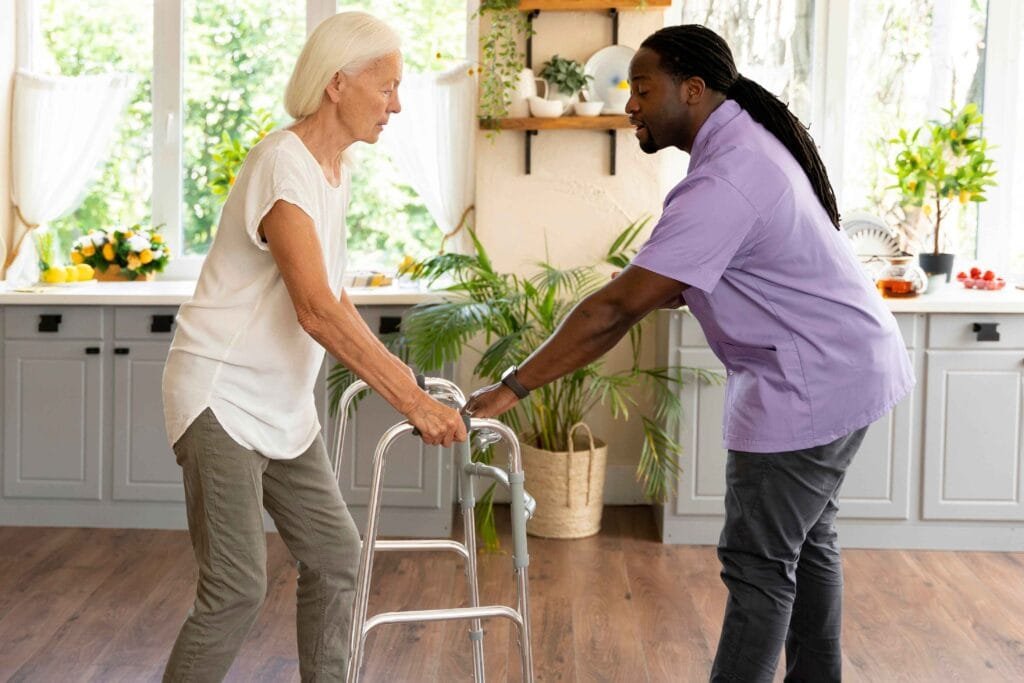Personal Care Assistance (PCA)

Personal Care Assistance (PCA) is a service designed to support individuals who need help with daily living activities due to physical, mental, or developmental conditions. The primary goal of PCA is to enable individuals to maintain their independence and quality of life in their own homes or community settings. This service is often part of broader home and community-based care programs.
Key Features of PCA:
Activities of Daily Living (ADLs):
- Assistance with bathing, dressing, grooming, Instrumental Activities of Daily Living (IADLs):
- Support with meal preparation, light housekeeping, shopping, transportation, and managing medications.
Health and Safety:
- Monitoring for safety, providing reminders for medications, and assisting with medical appointments.
Behavioral Support:
- Helping individuals with behaviors that might interfere with daily living or social integration.
Flexible and Client-Focused:
- Services are tailored to the specific needs and preferences of the client, allowing them to live comfortably in their preferred environment.
Who Can Be a PCA?
PCAs are trained caregivers who work under the guidance of the individual, their family, or a healthcare provider. In many cases:
- Family members or friends can serve as PCAs, depending on program rules.
- PCAs may require training or certification, depending on state or program regulations.
Eligibility and Funding:
PCA services are often funded through:
- Medicaid (especially through waiver programs like 245D services in Minnesota).
- Private Insurance.
- Out-of-Pocket Payment.
Eligibility is typically determined based on an assessment of the individual’s needs by healthcare professionals or social service agencies.
Importance of PCA Services:
These services are vital for promoting:
- Independence: Helping individuals stay at home instead of moving to institutional care.
- Cost-Effectiveness: PCA services often cost less.
- Personalized Care: Clients receive one-on-one attention tailored to their unique needs.
